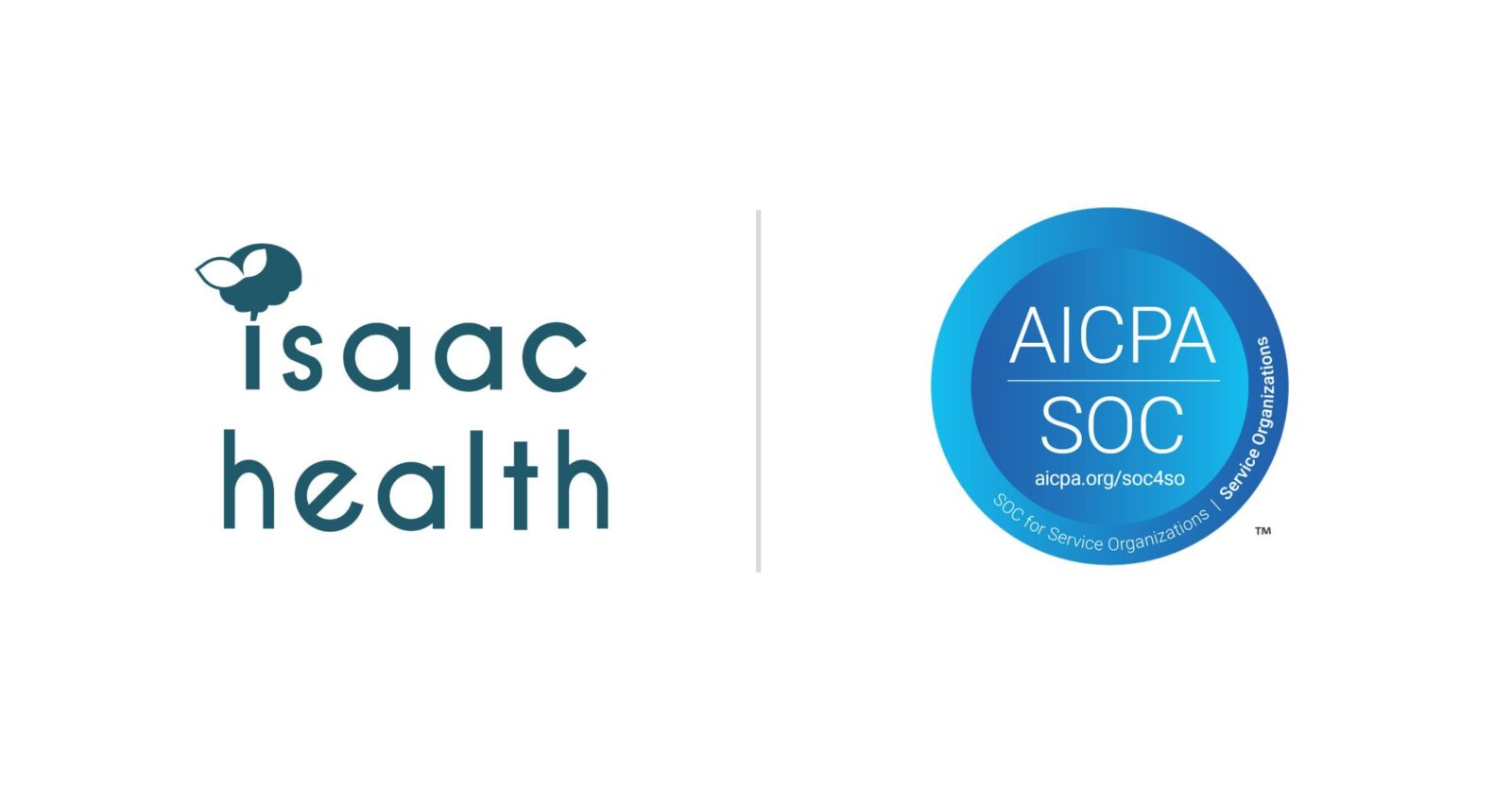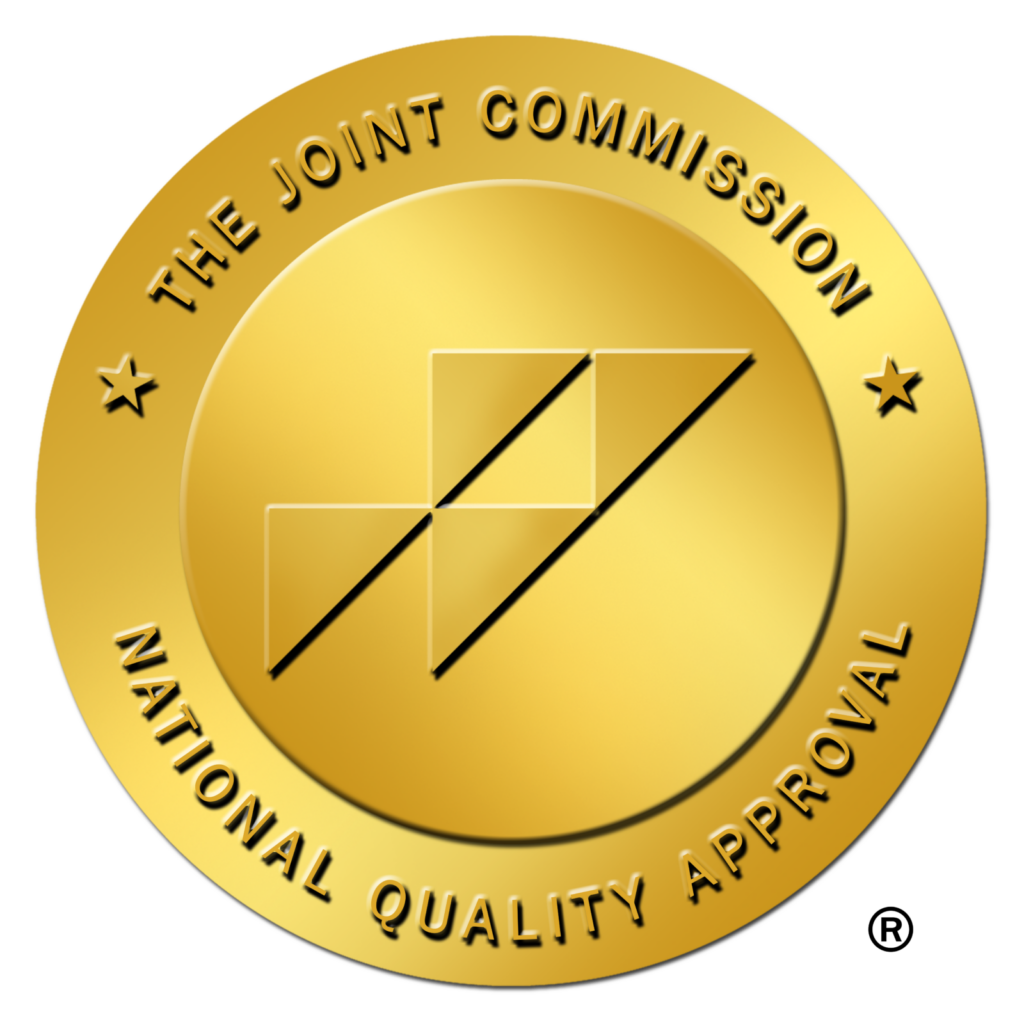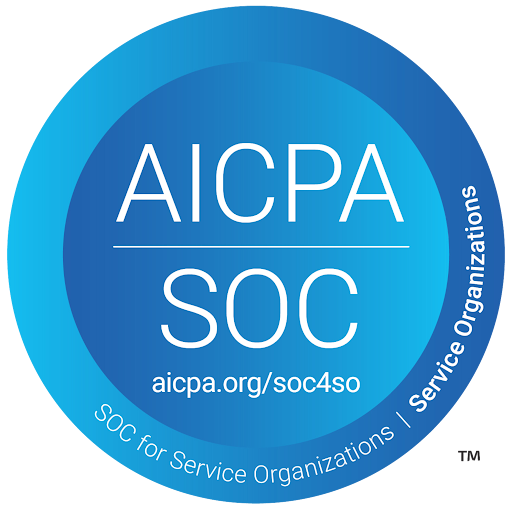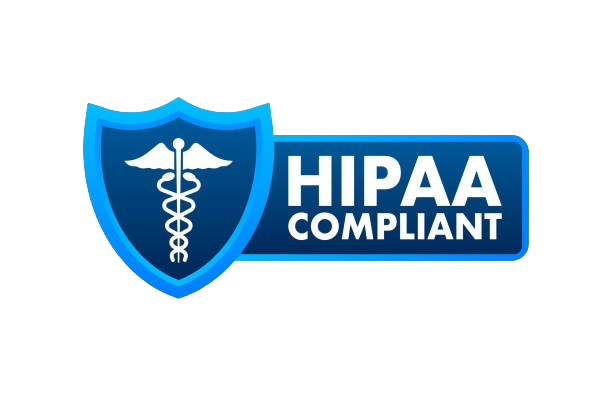
Last night at the Clinical Trials in Alzheimer’s Disease conference, Eisai finally shared the results of its highly anticipated Phase 3 clinical trial, CLARITY AD. This study examined how effective the anti-amyloid drug, lecanemab, was in patients with early Alzheimer’s disease to both reduce the amount of amyloid found in the brain as well as a consequential slowing of functional decline. If the results were positive, then this would be historic as it would not only be the first promising drug approved for Alzheimer’s disease in decades, but also would be considered the first real promising “disease modifying treatment” for Alzheimer’s disease.
The announcement was also highly anticipated as it comes after an exciting release of topline results earlier in the fall but then, more recently, at the heels of two case reports of individuals who died while on lecanemab. These individuals were part of an extension study to examine Lecanemab’s long term effects and their deaths were widely reported by the media.
In an effort to be as transparent as possible, at the same time as the panel spoke the New England Journal of Medicine published the results of the study.
In short, lecanemab successfully met the goal that it was set out to do in the study by not only dramatically reducing the amount of amyloid accumulation in the brain of participants over the course of 18 months, but also having a concomitant 27% slowing of decline that began early (within about 6 months) and was sustained over the full 18 months of the study.
This was met with guarded excitement by the crowd of experts as the real clincher was whether the data regarding risks and clinical safety were also promising. After a transparent presentation of data (including close monitoring by an independent third party throughout the study), the impression of the safety profile also appears to be quite positive. Although interpreting all the data in context is somewhat complex, the gist is that the major potential side effects presented will require close monitoring and carefully assessing which individuals are the candidates who are more likely to experience benefit compared to the potential risks associated. The risks can be in the range of mild to moderate and includes possibilities like having a reaction to the infusion, developing headache, swelling in the brain which may or may not present with symptoms, and the potential for bleeding in the brain which also may or may not present with symptoms. The potential for bleeding in the brain is the risk causes the greatest concern, yet the results again suggest that more than anything this may just require careful considerations when it comes to initiation of lecnameab and close monitoring of its use over time. Hence, the need for its ongoing study to better understand long term risks and benefits — yet as it stands, the potential benefits and risks may be enough to merit FDA approval within the next year.
While there are many additional points to be considered here (including costs and whether or not it would be covered by Medicare and other insurance programs, if it is ultimately approved by the FDA), the reaction of the scientific and clinical community was summarized nicely by Dr. Reisa Sperling, who was one of the awardees of the Lifetime Achievement ward at the conference (the other was her husband Dr. Keith Johnson). She summarized the sentiment with the title of her talk:
“Looks like we might be on the right path (Whew!)”
As it stands, ideal candidates for the drug may be those who have evidence of amyloid accumulation in their brain, have mild cognitive impairment or mild dementia, and who are able to get an MRI of their brain regularly (with likely an additional set of precautions around bleeding risk).
Of note, during the Q&A one audience member asked the panel that, if lecanemab is approved by the FDA, how likely will it be that Medicare would for it? An important question. One the panelists replied that they were engaged in conversations with the Centers for Medicare and Medicaid Services and have had positive engagements thus far, presenting them with transparent details of the design of the study and its outcomes and seeking what they would want to see further regarding clinically significant impact and safety. The data presented will hopefully be taken into close consideration if lecanemab is approved.
All things considered, the results are indeed robust. There are still questions that remain, but the words that many of the experts kept repeating were “promising”, “hopeful”, and “exciting”.
About Isaac Health
Isaac Health is a specialized online memory health service that arranges for patients to meet with a telehealth clinician who can diagnose and treat memory loss, Alzheimer’s dementia, and other related conditions. Isaac Health provides medical care and cognitive therapy for patients in New York, Florida, and North Carolina who are concerned about symptoms of dementia.
For more information or If you’d like to understand whether you or a loved one may benefit from lecanemab if it is approved, schedule a free no-obligation discovery consultation with a member of the Isaac Health team.








